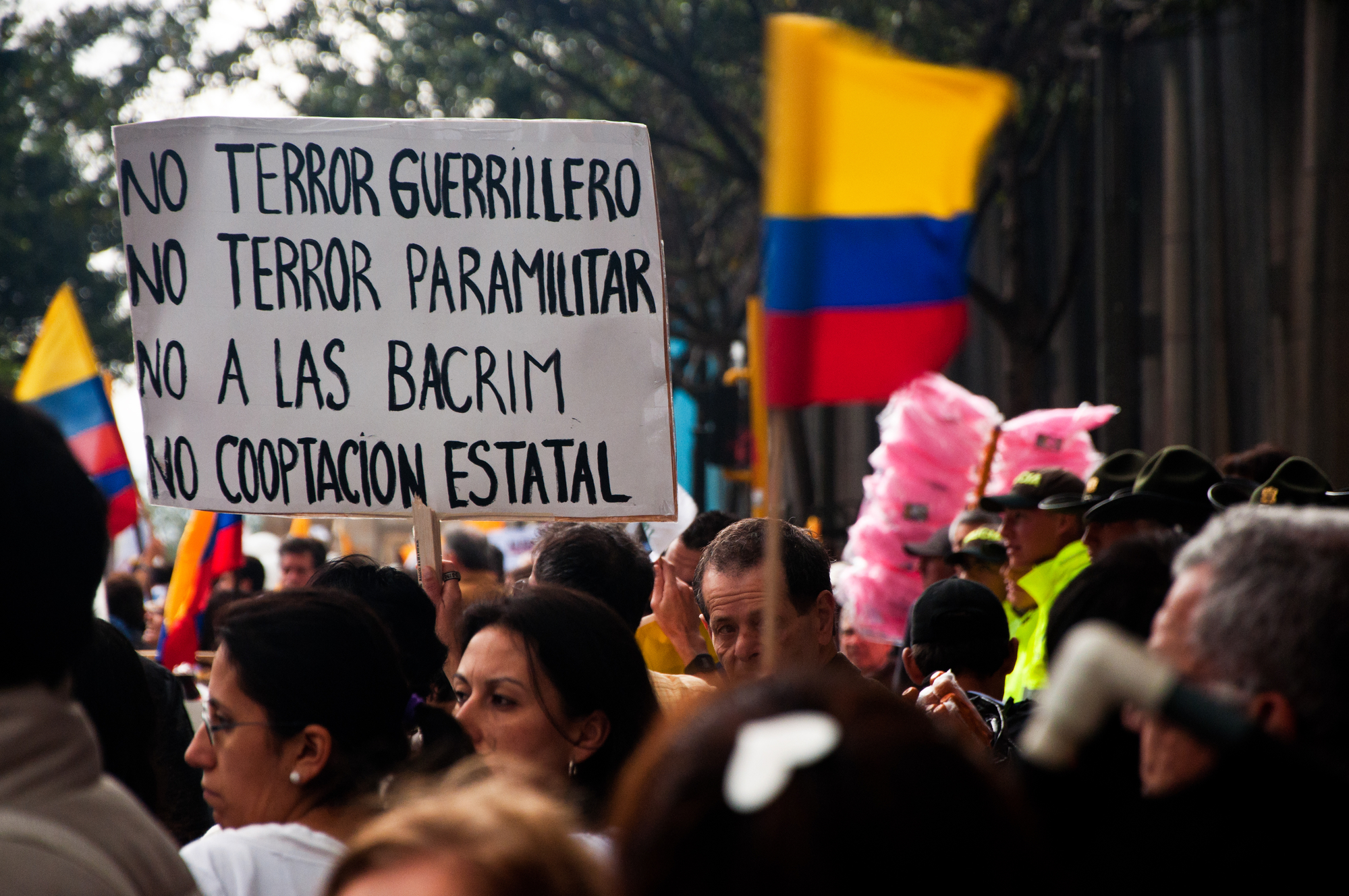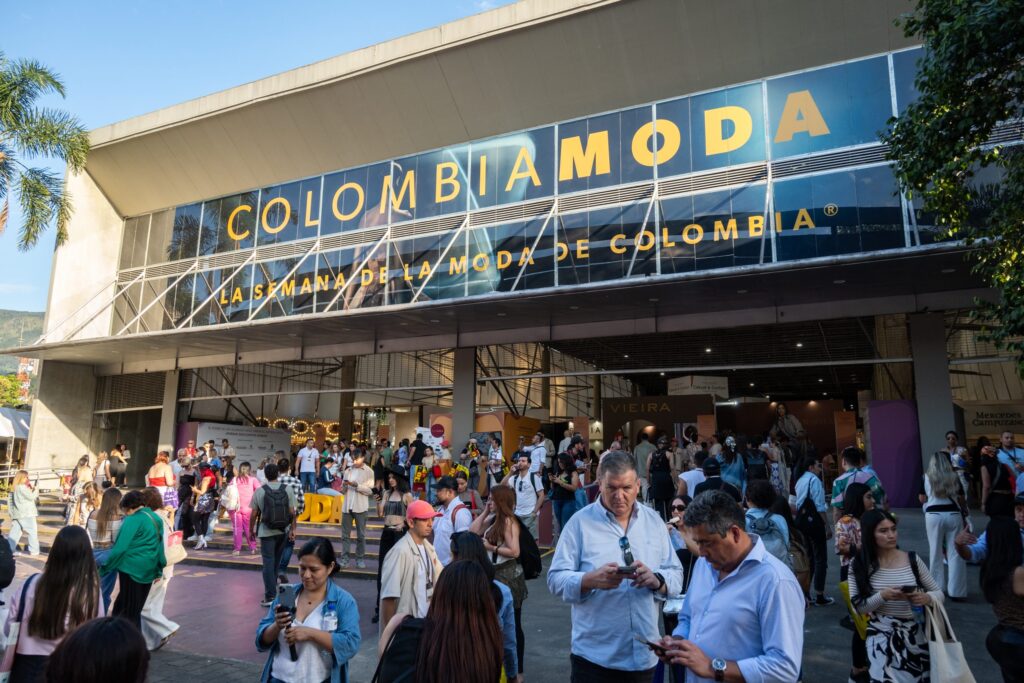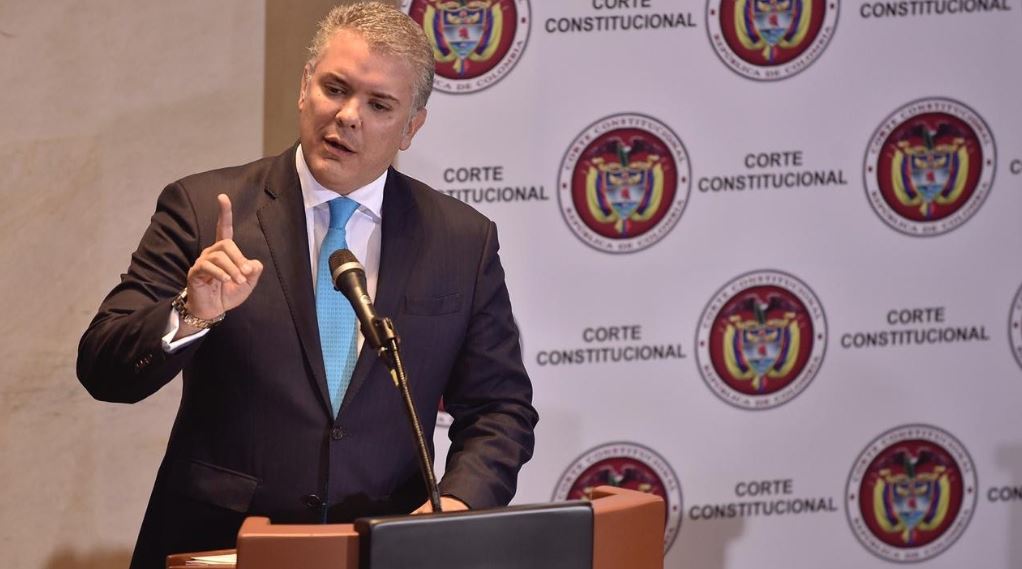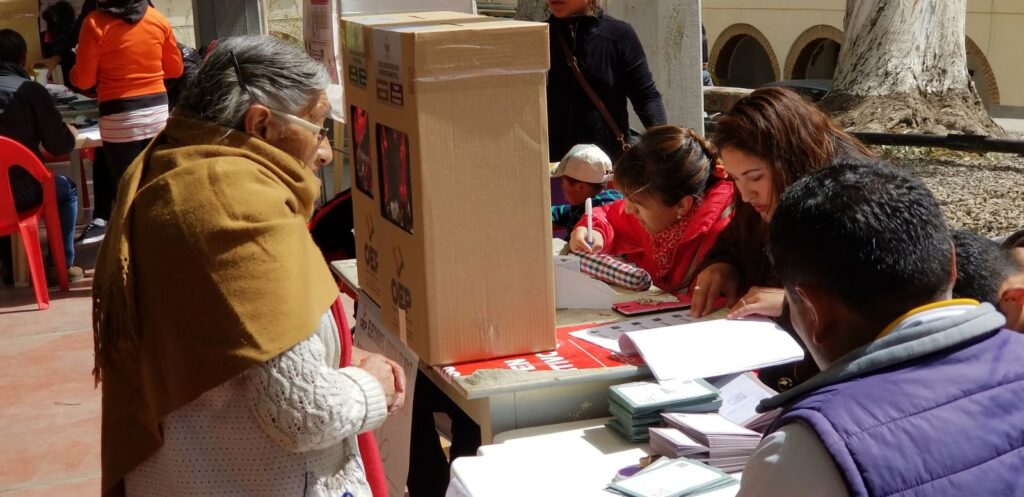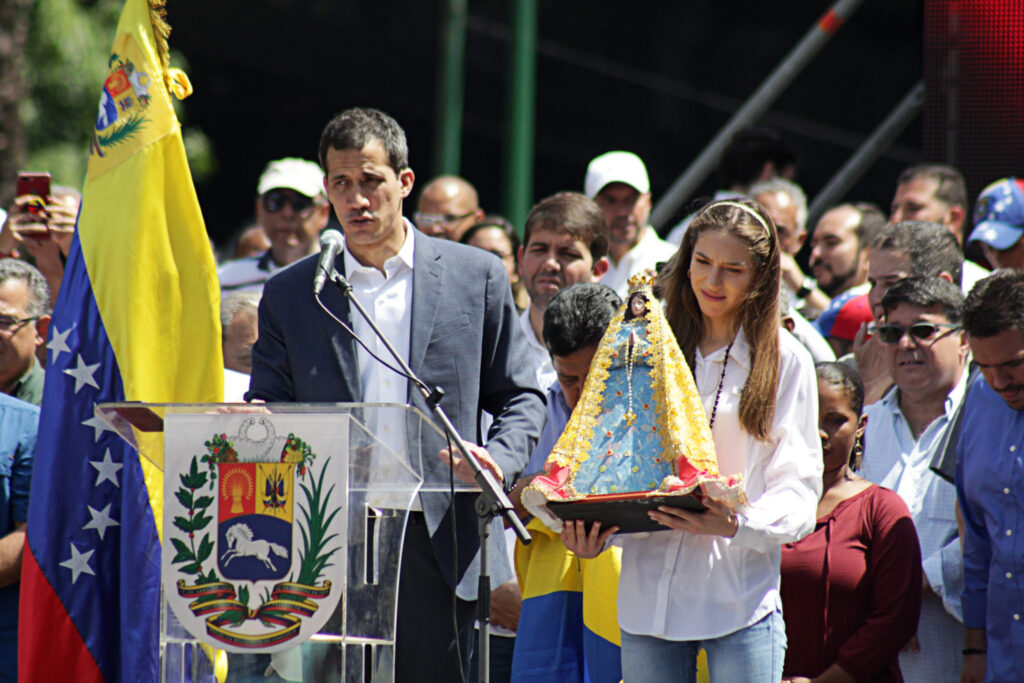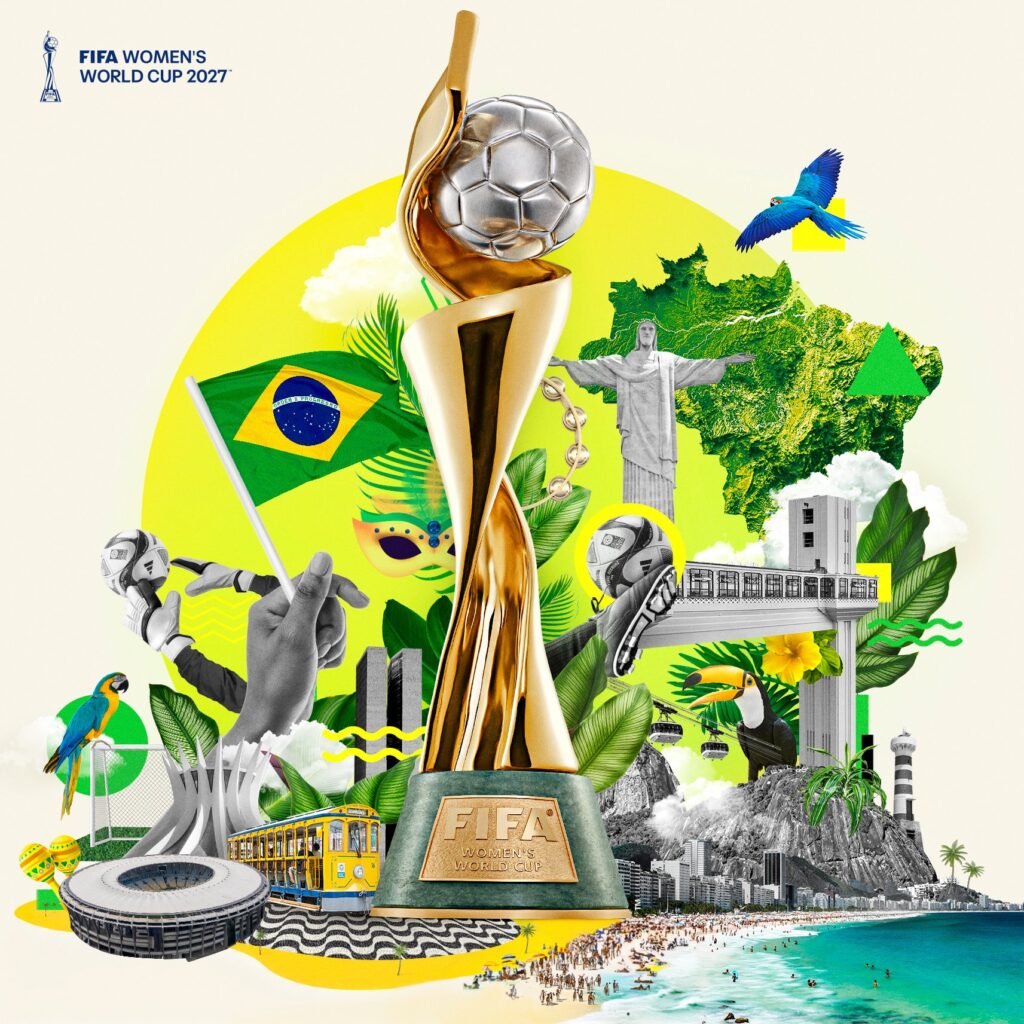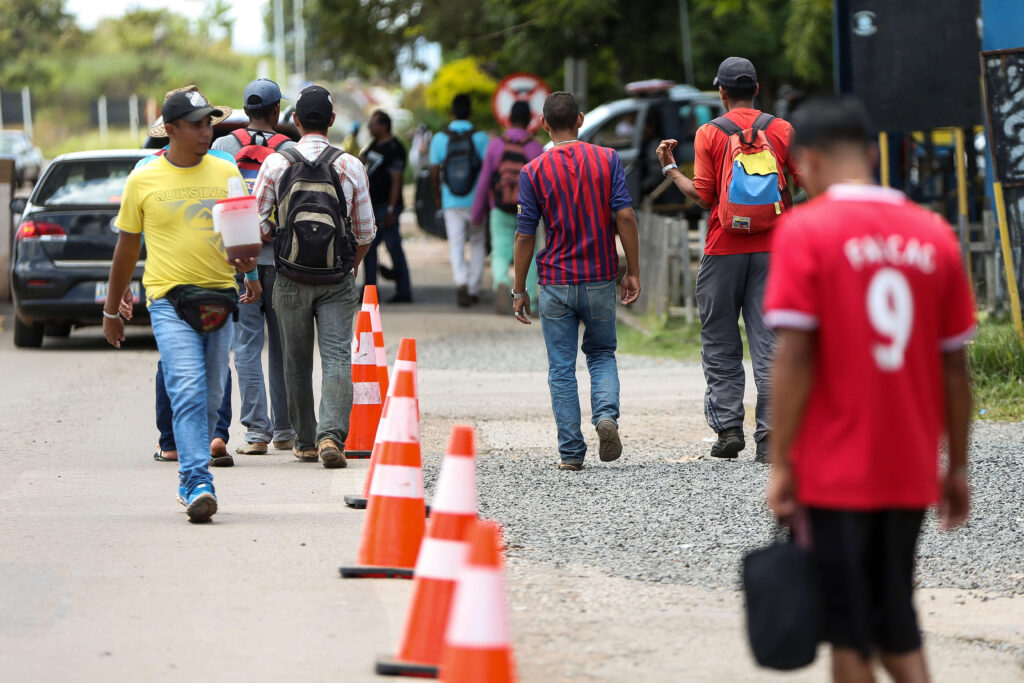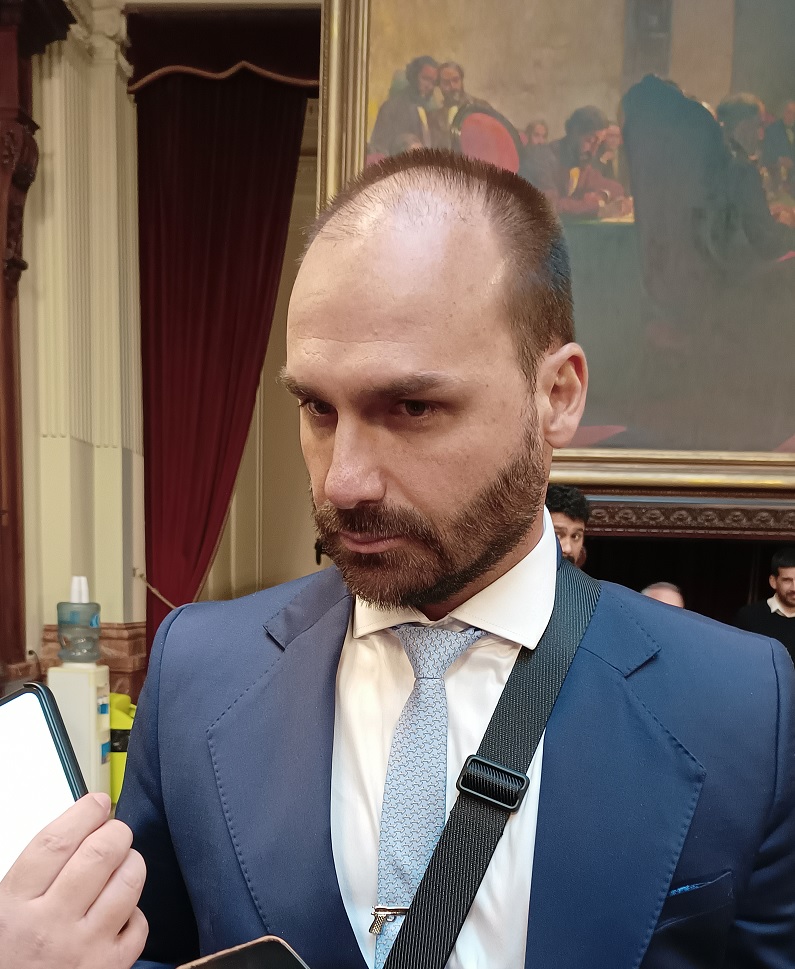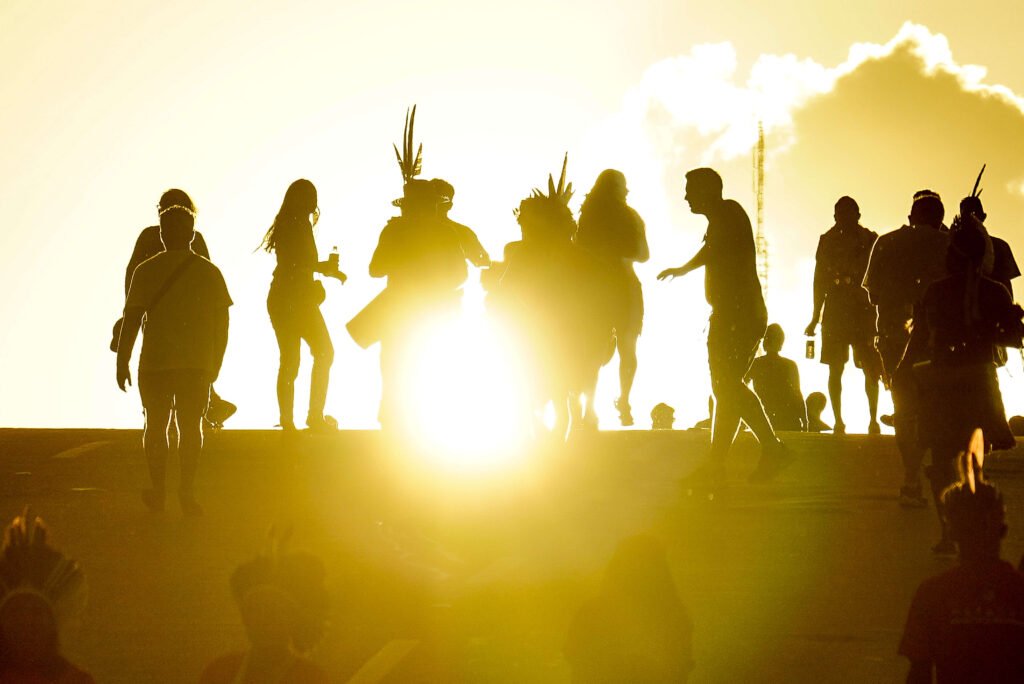“A new phase of the struggle”
On August 28, Iván Márquez, a former commander of the Revolutionary Armed Forces of Colombia (FARC), released a video reinstating a call to arms for the rebel group, three years after a peace accord was reached and signed with the Colombian government.
In the video, Márquez is flanked by what appears to be Jesús Santrich, who have both been accused by the United States of drug trafficking and whose whereabouts have been unknown. “The guerrilla fight is an answer to the betrayal of the state of the peace accords in Havana,” Márquez reads.
His announcement indicates a major diversion from the rest of the FARC party, including over seven thousand of the ex-combatants who gave up their arms in 2017.
“They have farms, children, productive projects, something to look forward to,” political analyst Sergio Gúzman told Latin America Reports over a WhatsApp message exchange. “Most of them are not going to heed a call from a guy who wouldn’t even show his face to court or the Senate.”
Nonetheless, this announcement has triggered strong responses from various parties who are involved in carrying out the peace process.
Iván Duque Márquez, President of the Republic of Colombia:
Álvaro Uribe Vélez, former president of Colombia and stark opponent of the Peace Agreement:
Rodrigo Londoño, leader of the FARC political party:
Gustavo Petro, a Colombian ex-guerrilla, former presidential candidate, and former mayor of Bogotá:
José Miguel Vivanco, executive director of the Americas Division at Human Rights Watch:
“The incidents of not complying with the obligations of the System for Truth, Justice, Reparation and Non-Repetition […] constitute, without a doubt, a very serious problem for the Peace Process,” said Patricia Linares, President of the JEP, at a press conference this morning.
What is certain, remarks Gúzman, is that Marquez’s decree will provoke opponents of the FARC to issue a response. His fear is that the response will be at the expense of social leaders.
“It’s important to say that this is event will most certainly have an effect on the safety and security of social leaders particularly those people in rural areas or who have been affiliated with the FARC in the past and how that can affect their candidacies in the upcoming elections in terms of their security to go to and from.”
According to research carried out by Bogotá-based peace-building NGO Indepaz, 623 social leaders and human rights defenders have been assassinated in Colombia since the signing of the peace accord in November 2016.
This is an updating story. To read more of our coverage on the Colombian Peace Process, click on the headlines below.
What is the government’s commitment to protecting social leaders?
In addition to the Colombian government’s alleged failure to fulfill promises it had made as part of the peace accord, one of the reasons Márquez gave to justify the group’s rearmament was the violence being perpetrated against social leaders.
“More than 500 social leaders have been assassinated and more than 150 guerrillas have died in the middle of the indifference and inactivity of the state,” Marquez read from his statement.
Speaking at the recent OAS General Assembly in Medellin, Colombia’s High Commissioner Miguel Ceballos referenced the Opportune Action Plan (PAO) as the government’s protection measure for social leaders, human rights defenders, community leaders and journalists.
Installed in November 2018, the 39-page document contains clauses that pledge to improve specific departments within the police force in areas of security and investigation, as well as increase the presence of military personnel in certain parts of the country.
In addition to attempting to identify the reasons for which social leaders are currently being targeted, the plan details extra security and protection measures for leaders — such as police escorts — attention for victims and vulnerable populations, special gender and ethnicity-focused attention, a system to prevent the recruitment and abuse of minors, prevention of sexual violence, and the substitution of the use of illicit crops.
What is the current government’s relationship with transitional justice mechanisms?
President Iván Duque outlined his grievances with the Special Jurisdiction for Peace (JEP) in March this year by filing six major objections to the transitional justice bill, in a bid — he claimed — for “more genuine” transitional justice. Despite the objections being overruled by Congress, Duque’s government’s disapproval of certain aspects of the Peace Agreement has been made clear in other ways.
In July, the JEP announced that its funding, as well as that of the Truth Commission and the Search Unit for Missing Persons (UPBD) would be cut by approximately 30 percent in 2020. This reduction, combined with an already less-than-expected budget for this year, means that the transitional justice mechanisms are working at a slow rate.
Is the FARC partially to blame for the unraveling of the Peace Agreement?
In an op-ed published by Latin America Reports last month, analyst Sergio Gúzman outlined several mistakes he believes that the FARC committed throughout the peace process, which makes them partially responsible for its deterioration.
Gúzman finds fault with the FARC’s transition to mainstream politics, starting with the name the group chose to represent themselves as a political party. Despite rebranding its name to the Common Alternative Revolutionary Force, the party stuck with the acronym FARC, which — Gúzman believes — does not set the best tone for peace. Now that the party has split into former insurgents and politicians, this issue is also proving to be problematic.
Another unwise decision that was always unlikely to appease the Colombian nation, Gúzman outlines, was the FARC’s decision to place hard-line military commanders in their congressional seats as a political party.
Charges of illegal activities such as drug trafficking against former FARC leader and now elected member of Congress Jesus Santrich, as well as other dissidents, have also done little to improve public opinion of the former guerrilla group, Guzman writes. Santrich’s disappearance from an encampment and failure to appear before a JEP hearing in July also made matters worse
What’s next for the JEP?
According to the co-founder of UK-based transitional network Rodeemos El Dialogo, Andrei Gomez-Suarez, who spoke to Latin America Reports in April, Colombia’s upcoming local elections represent an opportunity for the transitional justice mechanism to gain momentum, if its supporters are able to win the mayoral elections when voting takes place in October.
The problem, Gomez-Suarez says, is the major “deficit” of trust among the Colombian people towards the JEP and other transitional justice mechanisms, mainly due to a continued denial of the armed conflict and inability to recognize wrongdoings of the past.


